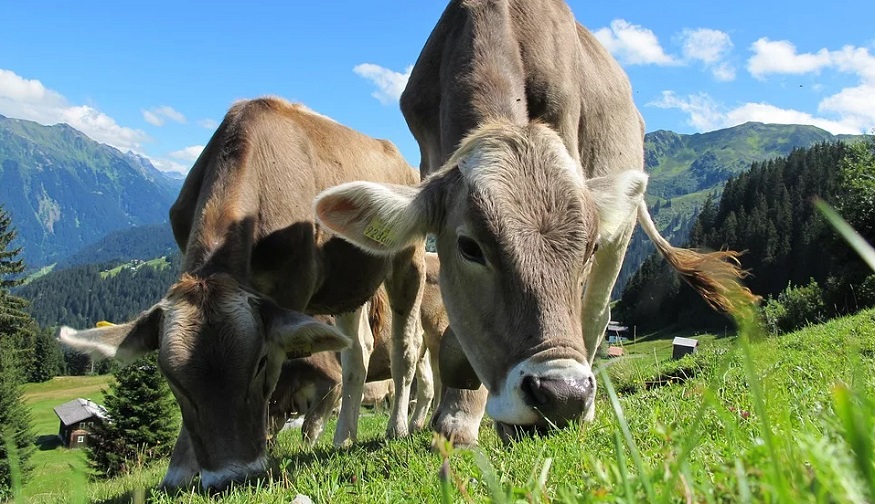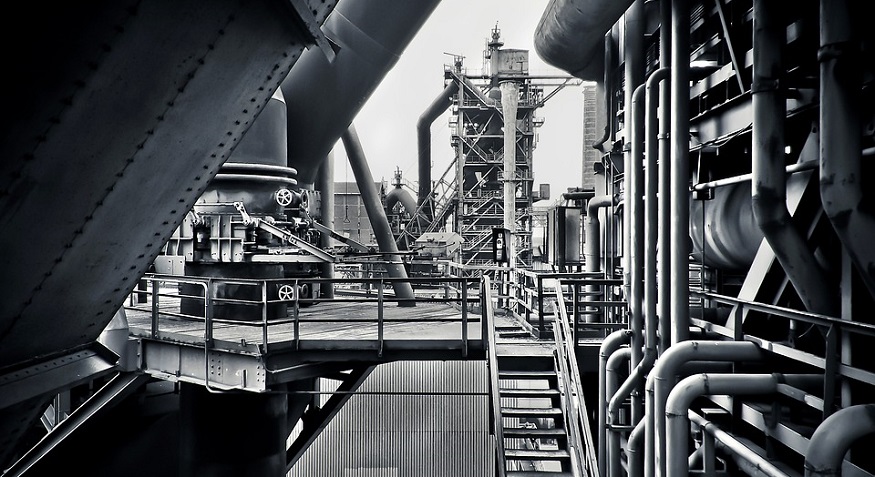
Livestock methane emissions could be reduced with genetic modification
November 29, 2019A technology not allowed in Europe could help to combat climate change.
Scientists from Scotland say that livestock methane emissions could be reduced with genetic modification, a technology that is currently not allowed in Europe.
Reducing the amount of methane emissions produced by livestock can help to combat climate change.
According to Mike Coffey, a professor of livestock informatics at Scotland’s Rural College, genetic modification (GM) isn’t permitted in Europe. However conventional selection is very powerful and some of these technologies have the potential to be very promising at reducing livestock methane emissions, Coffey says, reports The Guardian.
The scientists are not looking into genetically modifying animals but the food that they eat. GM crops are plants that have been genetically altered by adding, changing or removing certain traits or characteristics. In the case of GM crops, typically a new trait is introduced to the plant that would not occur naturally.
According to Eileen Wall, head of research at Scotland’s Rural College, work is under way to formulate improved diets for ruminants to decrease the methane they create, without genetic modification being utilized in the process. However, Wall says that if the technique was permitted, it would provide a better variety of options.
“You could have novel genes in plants to make less methane,” Wall said.
Not everyone thinks that GM would be an ideal way to reduce livestock methane emissions.
While it is largely agreed that livestock production is an increasing contributor to the climate crisis, not everyone thinks that GM is the answer.
Head of policy at the Soil Association, Rob Percival, says that “GM is a distraction.” Percival argues that the solution isn’t GM technology but to empower farmers to adopt more “nature-friendly agroecological farming systems.”
Percival adds that farmers should be put in driver’s seat of sustainable innovation, which will tackle the root cause of the crisis, not a “risky and unproven” technology.
Presently, in the UK, livestock methane emissions are not typically as high in the US, where production techniques are very intensive and include grain-feeding. In the UK, it is far more likely for sheep and cows to graze outdoors on  land not ideal for crop production. As a result, emissions are much less. Additionally, in the UK, conventional breeding techniques have helped to cut livestock emissions over the past 25 years.
land not ideal for crop production. As a result, emissions are much less. Additionally, in the UK, conventional breeding techniques have helped to cut livestock emissions over the past 25 years.



 HFN News is your leading source for fresh hydrogen and renewable energy updates. Amid the fast-paced growth of hydrogen companies, we provide top-notch news and insights about this exciting sector. Our coverage spans from hydrogen cars to global sustainable initiatives, and we highlight the latest in green jobs and developing hydrogen hubs. We invite you to share your local hydrogen news and explore today’s renewable energy job listings on our site. Thanks for choosing HFN News as your trusted guide to the hydrogen and renewable energy world!
HFN News is your leading source for fresh hydrogen and renewable energy updates. Amid the fast-paced growth of hydrogen companies, we provide top-notch news and insights about this exciting sector. Our coverage spans from hydrogen cars to global sustainable initiatives, and we highlight the latest in green jobs and developing hydrogen hubs. We invite you to share your local hydrogen news and explore today’s renewable energy job listings on our site. Thanks for choosing HFN News as your trusted guide to the hydrogen and renewable energy world!